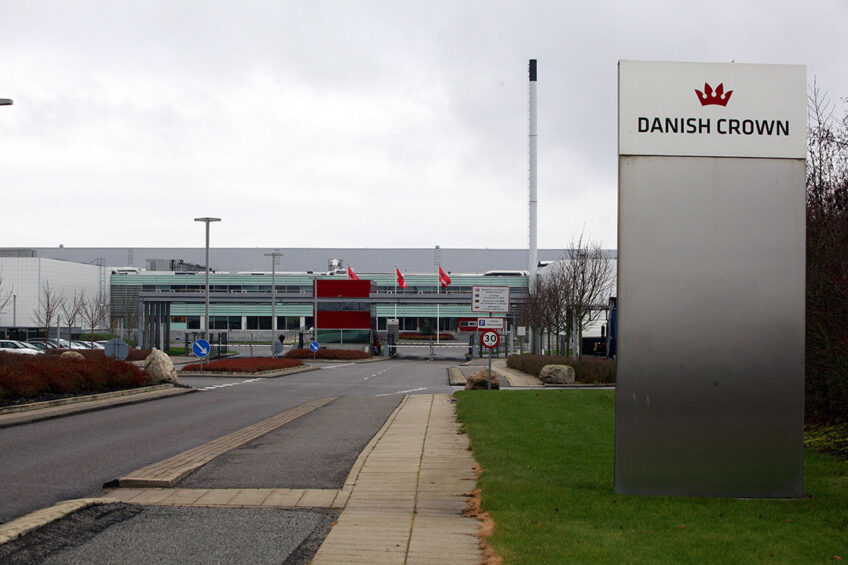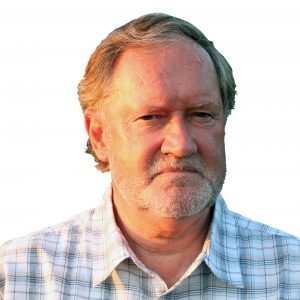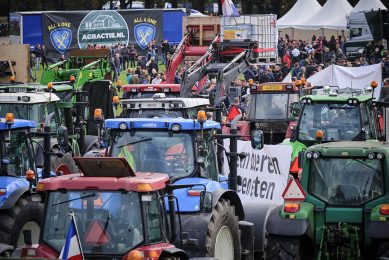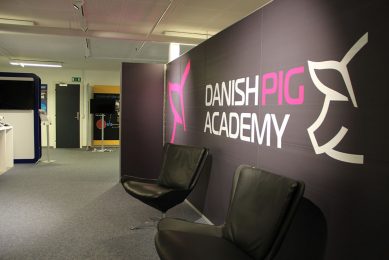Danish Crown plans drastic cost-cutting operation

Danish Crown is planning a drastic cost-cutting and efficiency operation with the aim to improve earnings by at least DKK 1,5 billion (approx. € 200 million) within 2 years and preferably sooner. Danish Crown’s cooperative owners are currently being presented with the plan aimed at transforming Danish Crown from an abattoir based on economies of scale into a modern food company.
‘Since spring 2022, Danish Crown has been severely challenged in terms of its competitive strength. Even though current prices for pigs are close to a record-high, settlement prices for pigs in Denmark are currently far below those of the rest of Europe. Consequently, it has not been sufficiently attractive for Danish farmers to fatten pigs for slaughter in Denmark, so over the course of the summer period management has dedicated its efforts to drawing up a plan to simplify and rethink Danish Crown’s core business,’ the company says.
Boizenburg
Danish Crown recently closed a deboning facility in Boizenburg, Germany and reduced the number of slaughters in its German facility by approximately 10%. In the German sales and administration team, some 150 jobs were lost. In Denmark, an abattoir in Sæby has been closed.
Reducing annual costs
In the new plan, administrative and support functions must be streamlined to reduce annual costs by at least DKK 250 million (€ 33,5 million) while improved exploitation of capacity at abattoirs and factories and a more efficient and technologically advanced setup is to reduce production costs by at least DKK 500 million € 67 million). Earnings should be lifted by DKK 500 million by sales initiatives focused on core customers in retail, foodservice and industry. Profitability in the German slaughter activities and at the processing plant in China as well as completion of investment in a new bacon factory in the UK are to contribute DKK 250 million. Finally, an additional savings potential has been identified in procurement as well as an opportunity for enhanced earnings in the Group’s subsidiaries, which could potentially contribute up to DKK 500 million.
Challenges in core business
Danish Crown is facing challenges particularly in its core business, which is placed in BU Danish Crown and handles the slaughtering of pigs in Denmark and Germany and the processing of primarily pork. ‘The pressure on this part of our business is driven mainly by an unusually prolonged and sharp decline in exports to key markets like China, Japan, the USA, Australia and South Korea. Previously, Danish Crown has always been able to find alternative sales channels outside Europe during periods of declining sales in one or more of the attractive export markets. However, when prices of frozen pork in the global markets are much lower than prices of fresh pork in Europe, Danish Crown is unable to remain competitive because the high level of Danish wages makes the costs of slaughtering, cutting and deboning pigs more than DKK 1 per kilo higher in Denmark than in countries like Germany, Poland and Spain,’ the company explains.
It remains a fact that efficiency and optimum utilisation of production facilities will pave the way for profitability in the food industry
Danish Crown Group CEO Jais Valeur
‘We therefore need to sell more in an already competitive European market characterised by strong preferences for local products. The solution is to redefine the business model and dedicate all resources to producing and selling products that will attract a sufficiently high price to offset the higher production costs in Denmark. Otherwise, we risk being second choice to lower-priced local products because of our higher production costs.”
Addressing efficiency
“We cannot solve our challenges through savings and efficiency improvements alone because this is also a matter of having the right business model, but we owe it to our cooperative owners to cut to the bone in the present situation’, says Group CEO Jais Valeur. “Initially, this should help close the gap to the other European countries. Meanwhile, it remains a fact that efficiency and optimum utilisation of production facilities will pave the way for profitability in the food industry. This is not new to us, but since we aggregated our pig abattoirs and processing activities in one business unit two years ago, we have not been efficient enough, so that is what we are addressing now,”
 Beheer
Beheer








 WP Admin
WP Admin  Bewerk bericht
Bewerk bericht